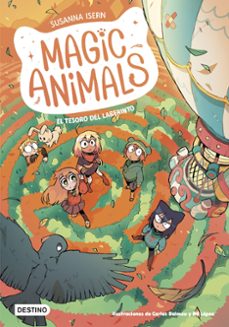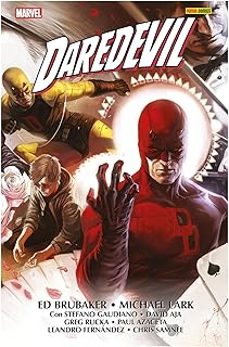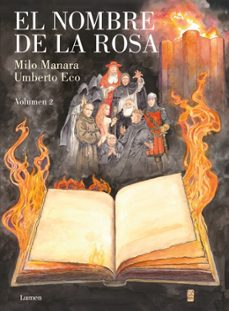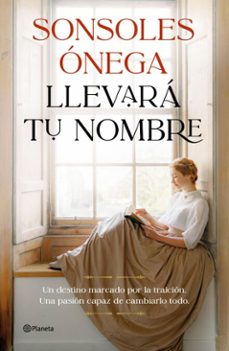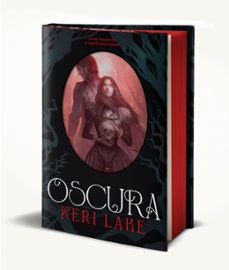📗 Libro en inglés SIR GAWAIN & THE GREEN KNIGHT
VINTAGE INTERNATIONAL. RANDOM HOUSE- 9780375709920
Sinopsis de SIR GAWAIN & THE GREEN KNIGHT
A splendid new translation of the classic Arthurian tale of enchantment, adventure, and romance, presented alongside the original Middle English text. It is the height of Christmas and New Year''s revelry when an enormous knight with brilliant green clothes and skin descends upon King Arthur''s court. He presents a sinister challenge: he will endure a blow of the axe to his neck without offering any resistance, but whoever gives the blow must promise to take the same in exactly a year and a day''s time. The young Sir Gawain quickly rises to the challenge, and the poem tells of the adventures he finds--an almost irresistible seduction, shockingly brutal hunts, and terrifyingly powerful villains--as he endeavors to fulfill his promise. Capturing the pace, impact, and richly alliterative language of the original text, W. S. Merwin has imparted a new immediacy to a spellbinding narrative, written centuries ago by a poet whose name is now unknown, lost to time. Of the Green Knight, Merwin notes in his foreword: "We seem to recognize him--his splendor, the awe that surrounds him, his menace and his grace--without being able to place him . . . We will never know who the Green Knight is except in our own response to him." "From the Hardcover edition."
Ficha técnica
Editorial: Vintage International. Random House
ISBN: 9780375709920
Idioma: Inglés
Número de páginas: 171
Tiempo de lectura:
3h 28m
Encuadernación: Tapa blanda
Fecha de lanzamiento: 20/04/2004
Año de edición: 2004
Plaza de edición: New York
Especificaciones del producto
Escrito por W.S. MERWIN
Nacido en Nueva York (EE.UU.) en 1927, el poeta y prosista William Stanley Merwin, se ha alzado con la mayoría de los premios más importantes de la poesía estadounidense, incluyendo dos veces el premio Pulitzer –en 1971 por The Carrier of Ladders y en 2009 por La sombra de Sirio–, el Bollingen Prize, el Tanning Prize, el Lannan Lifetime Achievement Award y, en 2010, fue nombrado Poeta Laureado de los Estados Unidos. Además de ser un poeta de renombre internacional, es autor de muchas traducciones ya clásicas de obras como El poema del Mío Cid (1959), La chanson de Roland (1962), El Lazarillo de Tormes (1963), o Veinte poemas de amor y una canción desesperada (1969). Durante los años sesenta se manifestó contra la guerra de Vietnam, pero su poesía jamás cayó en lo panfletario; mantuvo su estatura a pesar de que en esos años decidió romper la sintaxis y hacer de su lenguaje un ambiguo y continuo recorrido por la Palabra. Ha mostrado interés por las antiguas culturas, ya sean la quechua, la prehispánica o las ancestrales culturas de Oriente.
Descubre más sobre W.S. MERWIN Recibe novedades de W.S. MERWIN directamente en tu email
Opiniones sobre SIR GAWAIN & THE GREEN KNIGHT
¡Sólo por opinar entras en el sorteo mensual de tres tarjetas regalo valoradas en 20€*!









